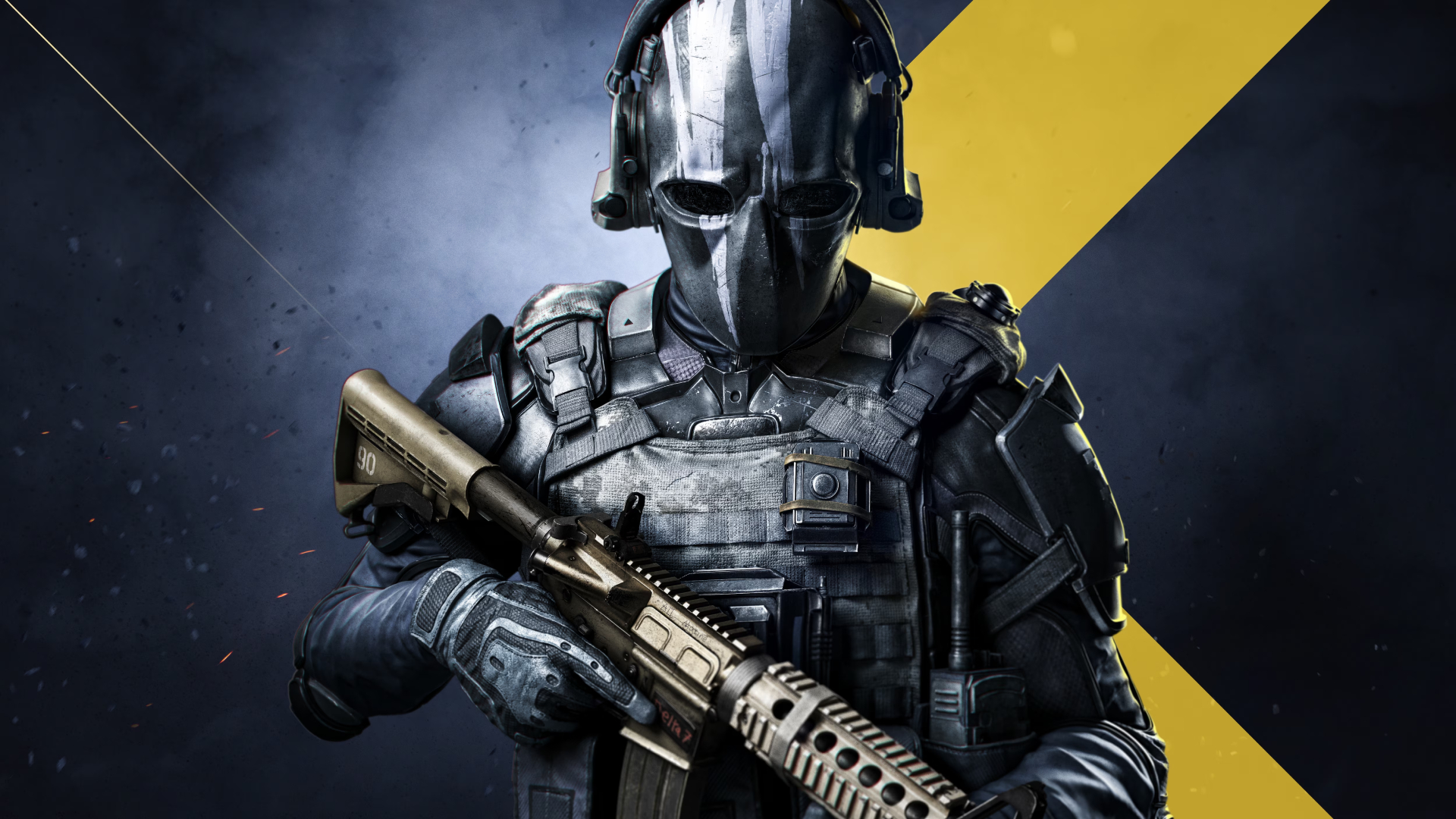After a leaker puts XDefiant delay down to chasing COD, the game's producer can't resist responding with a 'major eye roll'
Game development is hard.

Ubisoft's upcoming shooter XDefiant was at one stage scheduled to be released in summer 2023. The date was pushed back to October, before a public test saw yet another delay to an unspecified future launch date. The game did remain in Ubisoft's Q3 2024 earnings report, however, indicating the publisher expected it to release before March 31, 2024.
Well, with a week to go, that's not looking likely, and a report from Insider Gaming claims to have the goods on why. It alleges the game has missed "dozens" of internal milestones and quotes an internal source as saying "the neverending hunt to chase COD and add pointless stuff always breaks the current build."
This may well raise eyebrows given that, delays aside, reception to XDefiant's test periods has generally been positive, and has focused on it being more in-line with the older style of Call of Duty games. The idea the game is being delayed to "chase COD" caught the eye of Mark Rubin, the executive producer of XDefiant and someone who certainly knows his way around a COD: he previously held the same role at Infinity Ward.
"Just FYI, nothing about our delay is due to any new features," said Rubin, addressing one of the report's core claims. "In fact not much has changed from a gameplay standpoint. The delay has been due to the tech issues we've talked about."
And as for "whoever said chasing COD" in the original report, Rubin says that was a "major eyeroll", adding a grinning face emoji.
Rubin goes on to talk about the reasons behind the delay in some detail, though doesn't address the question of when exactly players can expect to see the game. "Part of it was scale," said Rubin. "Under small tests, some stuff worked fine but when you scale up there were compounding issues causing major issues in those systems. Also, some of the netcode issues were due to increased anti-cheat which sadly is always something that hurts performance."
Rubin also addressed the idea of chasing COD directly. "We've said in the past that we were aiming at a different time in FPS history, i.e. older CODs," said Rubin. "So are we 'chasing' older CODs? To some degree, but we don't want to be like what the newer CODs are like."
Keep up to date with the most important stories and the best deals, as picked by the PC Gamer team.
Those are the highlights because Rubin answered various fan questions, and you do on occasion have to admire the man's patience: such as when he explains that building a netcode system in six months is not a trivial task.
As for the big question, when we're gonna see this thing in the wild, Rubin and Ubisoft are perhaps wisely refusing to give a firm date.
"I know we've been silent because to be honest there isn't much to talk about," said Rubin. "I know people just want to see the game ship and so do we. I can't wait to ship just so we don't have to talk about ship dates anymore and we can talk about more important stuff like gameplay balancing or new content/modes/maps, etc."
Rubin says this isn't about sitting around "fixing every last little bug. Nobody launches perfect bug-free games. We do our best but it's just not realistic to think that. We had major technical issues that we found right before we launched that had to be fixed."
Despite these "major infrastructure and full system overhauls," says Rubin, "the game remains the same that you played already which we have strived to make as fun as possible which we feel confident about."
Well, I guess they don't want to be the new Skull & Bones. And the constant chatter about delays does risk distracting from the fact that, when people have got their hands on this thing, it delivers what it sets out to do (whether you call that an older COD style or not). But stutter-start delays of a few months apiece so it can ape a few more COD features? I suspect Rubin's eye roll was being overly polite.

Rich is a games journalist with 15 years' experience, beginning his career on Edge magazine before working for a wide range of outlets, including Ars Technica, Eurogamer, GamesRadar+, Gamespot, the Guardian, IGN, the New Statesman, Polygon, and Vice. He was the editor of Kotaku UK, the UK arm of Kotaku, for three years before joining PC Gamer. He is the author of a Brief History of Video Games, a full history of the medium, which the Midwest Book Review described as "[a] must-read for serious minded game historians and curious video game connoisseurs alike."

